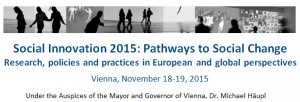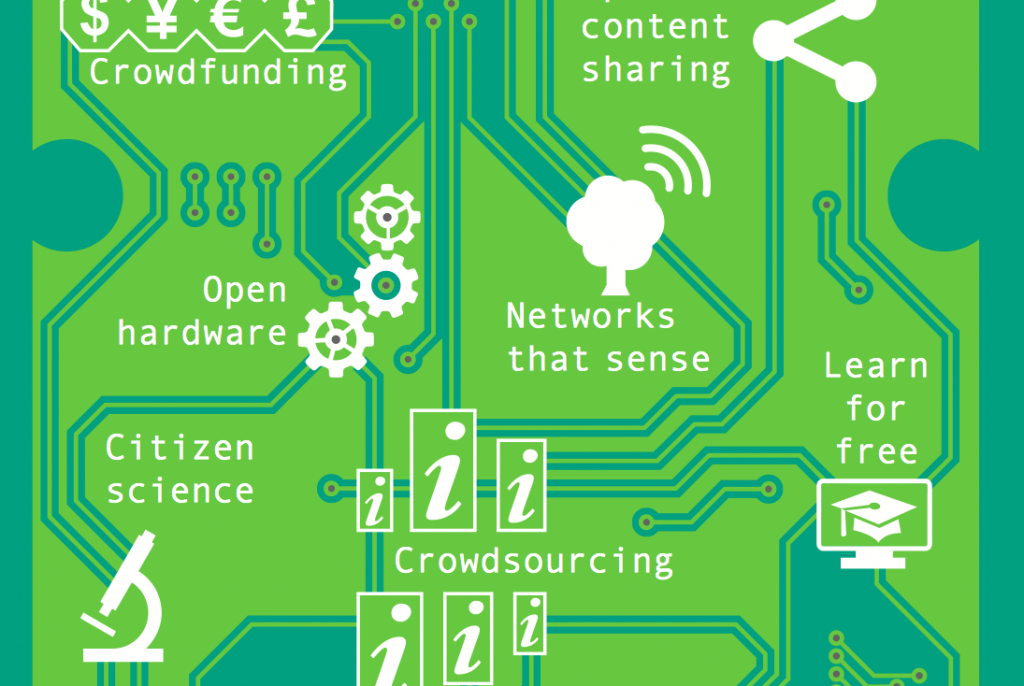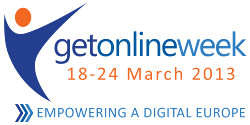04 Dec Digital social innovation to enable bottom-up political participation
04 Dec, 2015
by Gabriel Rissola

The social innovation conference “Pathways to social change“ was held in Vienna on 18 and 19 November. Social innovators and entrepreneurs, policymakers, intermediaries and researchers from all over Europe took part in this exciting event in the Central-European hub of Vienna, which was attended by a total of 320 participants representing 44 different countries. Co-organised by our partner the Social Research Centre of the Technical University of Dortmund, the event was hosted by two FP7 projects, Social Innovation – Driving Force of Social Change (SI-DRIVE) and Transformative Social innovation Theory (TRANSIT), together with Net4Society, a network of National Contact Points in Horizon 2020.
Re-editing the success of its predecessor in 2011 „Challenge social innovation“, that had concluded with the Vienna Declaration on the most needed social innovations and related research topics that would have later influenced the EU research agenda on the topic, the 2015 edition shared the progress made so far in terms of advancing theory and practice of social innovation (SI) and transformative social innovation. More concretely, discussions revolved around the state-of-the-art of conceptualizing and doing SI; methods and good practices to create desirable social change; resources, means and levers making SI processes effective; and international comparison of SI practices, policies and research.
Session on Empowerment for vulnerable people through digital social innovation was the most meaningful session for our community. Gabriel Rissola, our Managing Director, pitched the audience about his view on the topic:
“In order to ameliorate social protection systems by means of digital social innovation (DSI), policy design needs to analyse carefully the size/reaching of planned interventions (local, regional, national) as well as the conditions for scaling-up, replicability and long-term sustainability. But what is innovative or not is dependent on participants’ profile (e.g. elderly, NEETs, migrants, etc) and their needs, as well as on the local context conditions. In our experience, DSI increases when recipients are not seen only as “beneficiaries” (a typical term of traditional social protection systems) but as “givers” as well. Examples of this are when youth or migrants provide digital training to adults, or seniors mentor the youth, or domiciliary carers facilitate seniors’ use of internet. When designing interventions where those innovations take place, e-Inclusion intermediary organisations operating at grassroots level (like telecentres, ICT community centres, etc) act as digital social innovators, but they are not always aware of their full potential at this respect. A more structured exchange and collaboration among researchers, policy makers and ICT producers will increase this potential.”
He concluded calling researchers and practitioners to join forces in order to identify and develop more DSI experiments and interventions aiming to enable bottom-up political participation and community empowerment processes.









